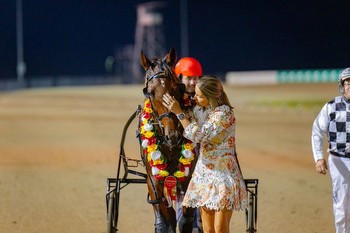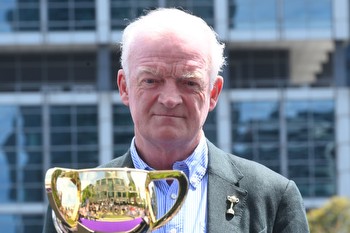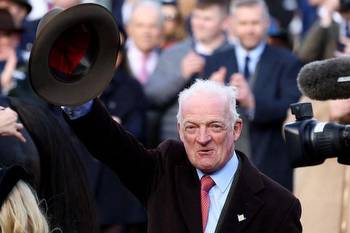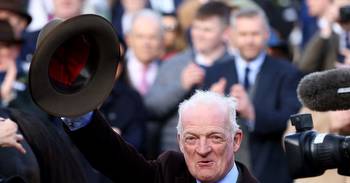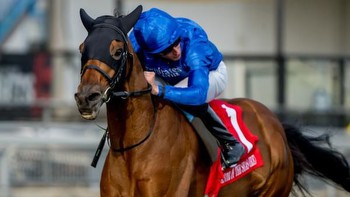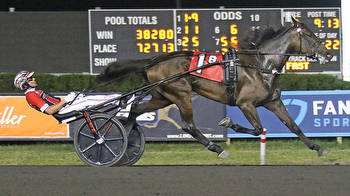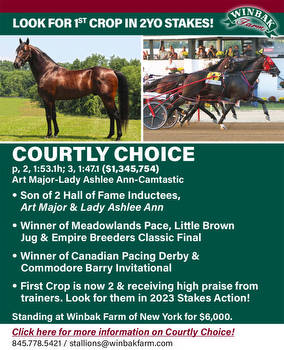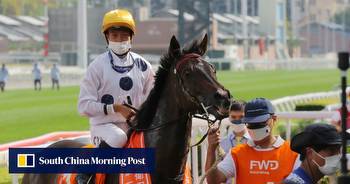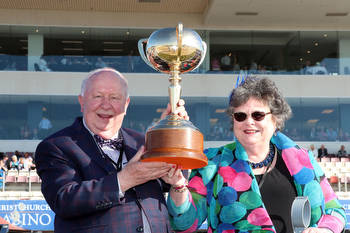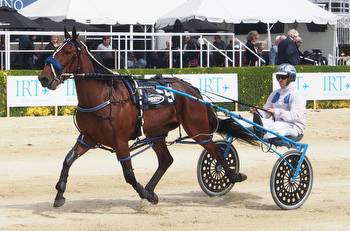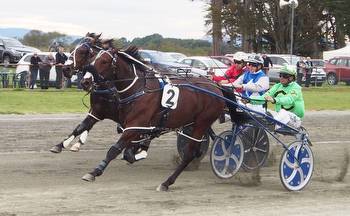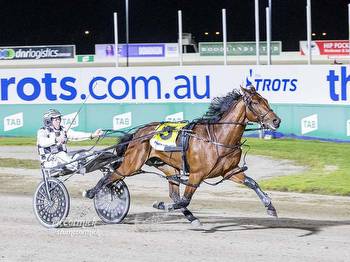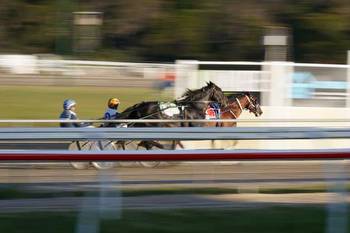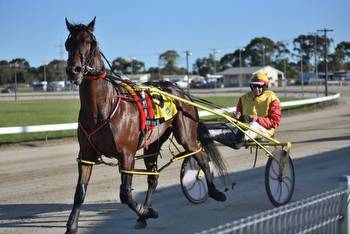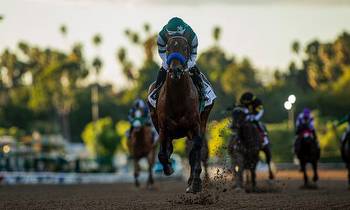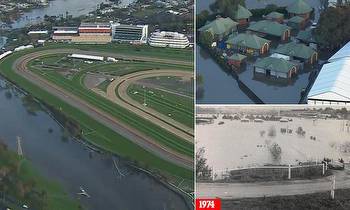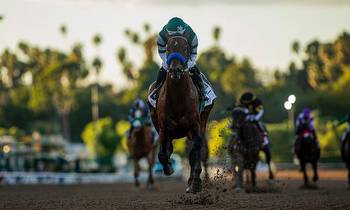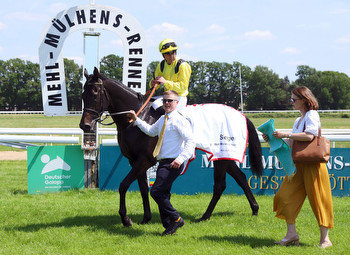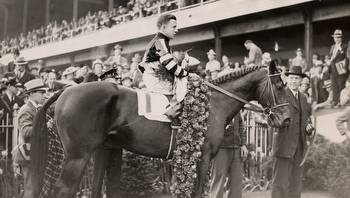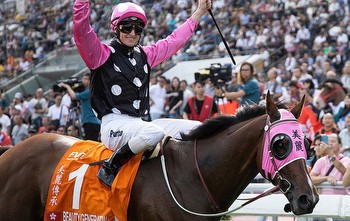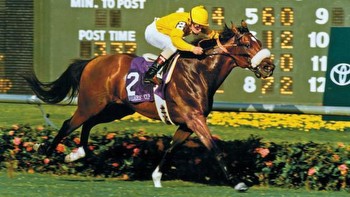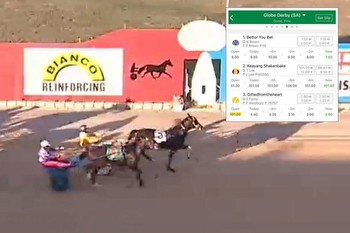The Cup of champions ready to crown another king
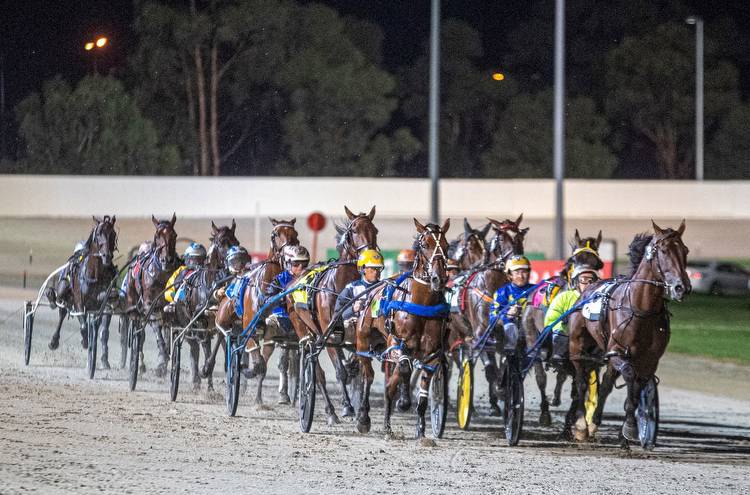
Night trotting commenced at the Melbourne Showgrounds in 1947 and two years later a 2000-pound race named after the Chairman of the Board, Alex Hunter, was held.
The A.G. Hunter Cup was born and the harness racing season had a new the premier event.
Frank Culvert’s much loved NSW pacer Silver Peak, who started off the front line, win the first race in a mile rate of 2:11.0 over the 12.5-furlong journey.
Looking through a list of the winners, champions have competed in and won this prestigious race including Minuteman (twice), Waitaki Hanover, Adios Court, Monara and Royal Gaze all from the standing start.
1977 saw a change to mobile conditions through to 1991, before once again reverting to a stand in 1993. Horses such as Pure Steel (three times), Koala King, Gammalite, Popular Arm, Preux Chevalier, Village Kid, Master Musician, Blossom Lady (twice), Yulestar, Safe And Sound, Mister D G, Elsu, Sting Lika Bee, Blacks A Fake, Mr Feelgood and Smolda triumphed, the latter winning the final standing start race in 2016.
It was then back to the mobile in 2017 with the great Lazarus, Tiger Tara, Lochinvar Art and King Of Swing (twice) all etching their names into the record books.
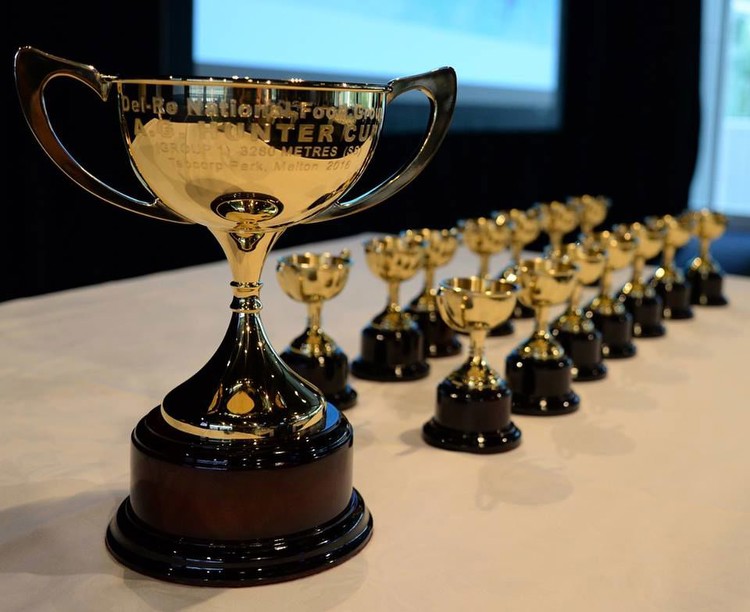 For some reason the race lost its high status and was reduced to just an ordinary open class event for a stake around $25,000 between 1987 and 1991 and renamed the A.G. Hunter Memorial over a distance of 2380 metres.
For some reason the race lost its high status and was reduced to just an ordinary open class event for a stake around $25,000 between 1987 and 1991 and renamed the A.G. Hunter Memorial over a distance of 2380 metres.
This decision was shelved in 1993 when it once again became the A.G. Hunter Cup, as we know it today, and was taken out by Kiwi Master Musician (Robert Dunn) from a 40-metre backmark in 2:02.8 over 2840 metres.
Having a nostalgic look back in time, I have selected two previous winners to highlight – Pay Load and Sheffield Globe.
In 1959 Pay Load, a honest gelding by Grand Scott from Tattle foaled in 1951 and raced by Harold Boyd, was trained and driven by Maribyrnong based W. A. (Phonse) Hickey. At long odds it led all of the way to score by four yards from Sheffield Globe, with Grand Monarch third, two yards away, in a mile rate of 2:14.2, the slowest rate recorded in the history of the race.
Hickey was a prominent trainer/driver at the time with a handy team of horses stabled at the back of his house on the banks of the Maribyrnong River. The horses were usually worked on a track at the top of Rosamond Rd, which is now where the High Point West Shopping complex is.
At times the horses were taken to Steadmans Paddock (now a golf course) at the end of Doncaster St in Ascot Vale or the Showgrounds.
It’s interesting to note in most cases when Hickey had a runner in town he would drive the horse in the racing sulky from the stables to the Showgrounds and back again after competing.
On Hunter Cup night his wife, Mary, and daughter Kathleen caught the tram from Maribyrnong to the Showgrounds to cheer home Pay Load. Kathleen is married to Peter Ward, who has enjoyed many highs in the sport.
Sheffield Globe, a Springfield Globe-Ketchill colt bred by prominent (Barrakee) breeder of the time Jack Campbell, was foaled in 1953 and was a talented juvenile in his era with master trainer Jack McKay based at the Showgrounds. He continued on to win races as an older horse, having a record of 41 wins and 27 placings from 129 race appearances.
He was purchased later by Charlie Bell and sent to Bill Shinn in Adelaide, who brought the horse back to win two Hunter Cups. The first in 1961 by leading throughout to account for Heroic Action and First Division in a mile rate of 2:10.2 for the 14 furlongs.
His second victory the following year was most memorable in a field consisting of Crown Law, Blue Marlin, First Division, Friendly Boy (SA), Southern Power (NSW), Columbus, Flingo, General James, Arabian, Don Ngaree (NSW) and Illawarra Ayr (NSW) off the front with Lews Hope (NSW), Sheffield Globe, Dusty Miller and Requisite coming from 12 yards over 14 furlongs
After settling midfield in the running line, Sheffield Globe must have been five wide coming off the back straight in the last lap and six wide on straightening to defeat Lews Hope and Friendly Boy in a mile rate of 2:09.6.
Described by many as the Melbourne Cup of harness racing, another deserved winner will enter the annals on February 4.

